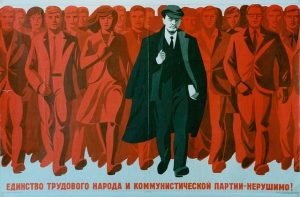Material Conditions: A Comparative Analysis of Idealism and Materialism
Through a comparative analysis of both philosophies, individuals and society as a collective can better understand the significant role that material conditions play, whether instrumental in our development or essential to it.
“The Dissolving Blues of Metaphor”: Rankine’s Reconstruction of Racism as Metaphor in Citizen: An American Lyric
By examining the ways the themes are created in the intersection of art and language, Rankine illuminates the constructed nature of racism in her politically charged, highly stylized and subversive Citizen.
Tommo’s Imprisonment to His Own Cultural Values: Recognizing Cultural Bias in Typee
It is important to consider how Tommo’s reliance on his own cultural norms prevents him from ever fully accepting the Typeean practices that are foreign to him because it shows how confined he is to his own conventions.
Cannibal Continuity: Social Cannibalism in Melville and Coates
Herman Melville’s Typee depicts cannibalism at a time when the practice’s nature, and even its existence, is an uncertain question for its contemporary readers.
Rankine and The Pronoun Dreamworld: The Creation of Compassion
In her series of lyric essays Citizen: An American Lyric, Claudia Rankine employs the pronoun “you” in both an accusatory and uniting fashion. The feelings of Black people are often neglected and scorned, and Rankine’s direct address to the reader highlights the microaggressions they experience.




